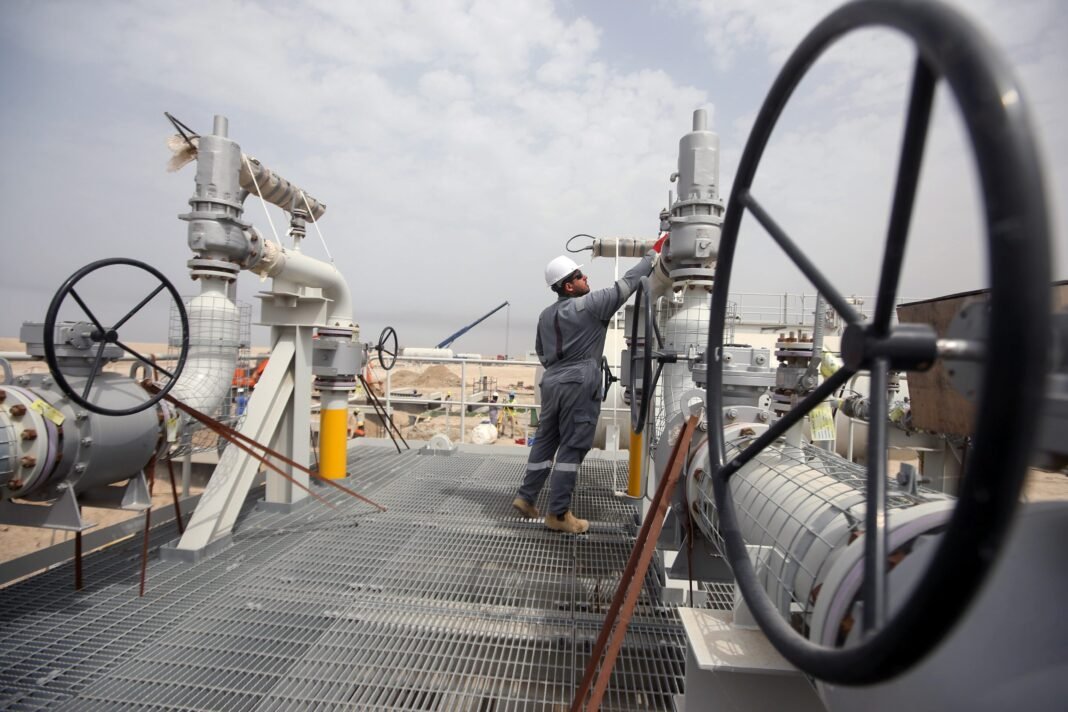Iraq exports fuel oil to UAE at a steady rate of 33,000 barrels per day in September. Official data confirmed the shipments and highlighted the country’s role as a regional supplier of refined products.
The report showed that the UAE’s Fujairah port received a sharp rise in imports. Total refined product inflows averaged more than 1 million barrels per day during September. Additionally, this marked a significant increase from 669,000 barrels per day recorded in August.
Within the region, Kuwait emerged as the largest supplier to Fujairah. The country delivered 53,000 barrels per day of fuel oil. After Kuwait, Russia, Iraq, Georgia, and Saudi Arabia all contributed to the supply chain. Iraq exports fuel oil to UAE as part of this broader mix of international shipments supporting one of the Gulf’s busiest energy hubs.
Energy analysts noted that Iraq continues to strengthen its presence in the fuel oil market. By sending shipments to Fujairah, Iraq gains access to a vital regional trading hub. However, this not only supports its export revenues but also connects Iraqi products to wider international markets.
The sharp growth in imports through Fujairah reflects rising demand for refined products. Traders said that more countries are now turning to the UAE’s port as a key storage and distribution center. In addition, For Iraq, these exports create stronger economic ties with the Gulf region and reinforce its position as a reliable supplier.
Iraq currently exports fuel oil to the United Arab Emirates at a rate of approximately 33,000 barrels per day, a figure that may fluctuate in the coming months depending on shifts in market demand, regional energy needs, and the refining capacities of both exporting and importing countries. As well as, Despite potential changes, the most recent data indicates that Iraq is likely to maintain its position as a key supplier of fuel oil, not only within the Gulf region but also in broader global energy markets, underscoring its strategic role in the international oil trade.


